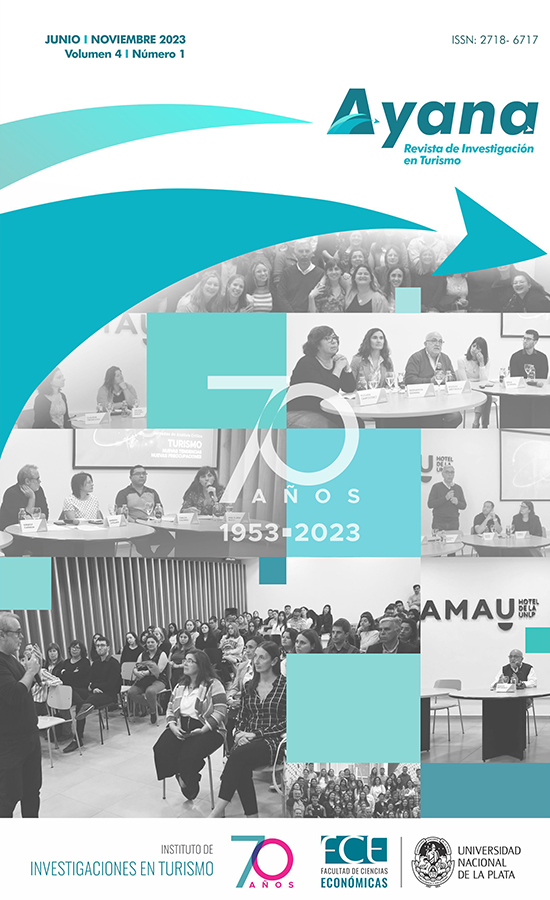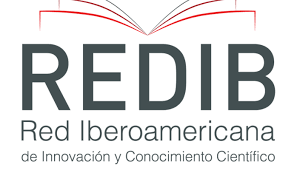Tourist policy. Reflections from tourism research
DOI:
https://doi.org/10.24215/27186717e039Keywords:
scientific research, policy, tourismAbstract
The text presents a set of reflections on the relations between tourism policy and the field of knowledge production on tourism, based on the treatment of a topic addressed in the first thematic table of the Meeting of critical analysis of tourism. It addresses issues related to the sectoral nature of the policy and the need to investigate both its formulation and its implementation processes. It briefly reviews the effects of the crisis triggered by the Covid- 19 pandemic, and the ways in which the practice has been resumed after its gradual overcoming. Finally, it proposes some reflections aimed at rethinking the role of research in the processes of formulation and implementation of tourism policies.
Downloads
References
Cañada, E. y Murray, I. (Eds.). (2021). #Tourism Post COVID19 Turistificación confinada. Alba Sud. https://www.albasud.org/publicacion/es/103/tourismpostcovid19-turistificacion-confinada
Méndez Gutiérrez del Valle, R. (2022). Turismo, pandemia y nuevos contrastes territoriales en España. Ikara. Revista de Geografías Iberoamericanas, (1). https://doi.org/10.18239/Ikara.3006
Simancas Cruz, M., Hernández Martín, R. y Padrón Fumero, N. (Coords.). (2020). Turismo pos-COVID-19. Reflexiones, retos y oportunidades. Cátedra de Turismo Caja Canarias-Ashotel de la Universidad de La Laguna. https://doi.org/10.25145/b.Turismopos-COVID-19.2020
Downloads
Published
How to Cite
Issue
Section
License
Copyright (c) 2023 Rodolfo Bertoncello

This work is licensed under a Creative Commons Attribution-ShareAlike 4.0 International License.
Those authors who have publications with this journal, agree with the following terms:
a. Authors will retain its copyright and will ensure the rights of first publication of its work to the journal, which will be at the same time subject to the Creative Commons Atribución-NoComercial-SinDerivadas 4.0 Internacional (CC BY-NC-ND 4.0) allowing third parties to share the work as long as the author and the first publication on this journal is indicated.
b. Authors may elect other non-exclusive license agreements of the distribution of the published work (for example: locate it on an institutional telematics file or publish it on an monographic volume) as long as the first publication on this journal is indicated,
c. Authors are allowed and suggested to disseminate its work through the internet (for example: in institutional telematics files or in their website) before and during the submission process, which could produce interesting exchanges and increase the references of the published work. (see The effect of open Access)

























